John Lewis: A call to uphold his legacy of ‘good trouble’
OPINION: Political strategist Adjoa B. Asamoah, who knew Lewis personally, says 'troublemaker' spirit must live on in the movement for Black lives
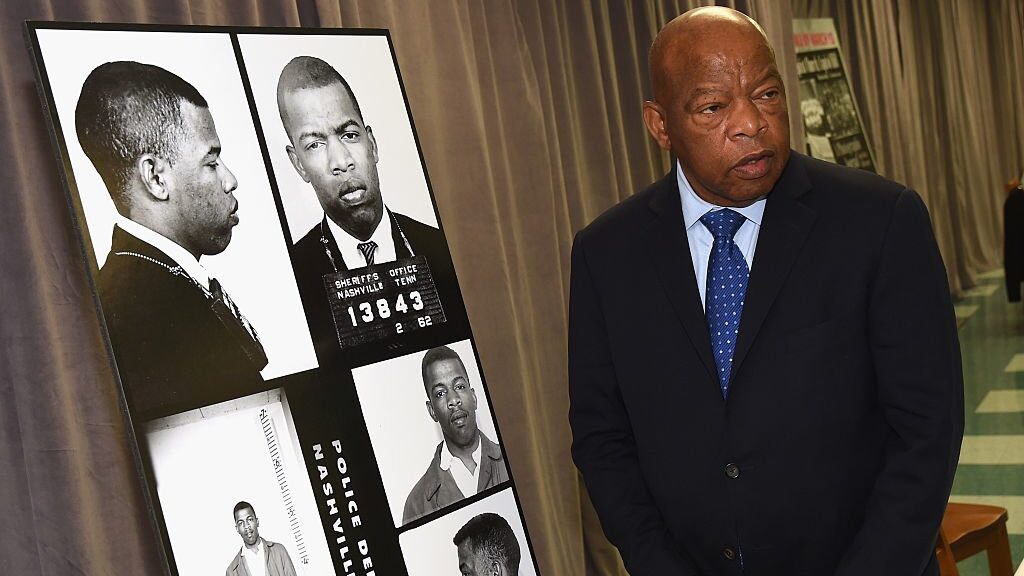
The life of Congressman John Robert Lewis is a testament to the power of non-violent revolution to alter the course of American life and history. It is a manual in how to get, in his words, “into good trouble.”
Like countless others, I have tried to channel his “troublemaker” spirit as I move through the world. That spirit made me an activist to my core, one who works, in the spirit of John Lewis, both within and beyond systems of electoral politics.
Read More: Civil rights icon John Lewis to lie in repose at Georgia Capitol
I’ve helped elected officials to introduce and pass bills like the rapidly expanding CROWN Act (which Lewis co-sponsored), taking racial and gender discrimination on directly. Congressman Lewis’s example is why, for every presentation I have delivered on effective advocacy for the Congressional Black Caucus Institute, you’ll see “Go Out and Make Good Trouble” on the last slide.
I rarely write for the public, but I write today to say that what we do is still not enough.
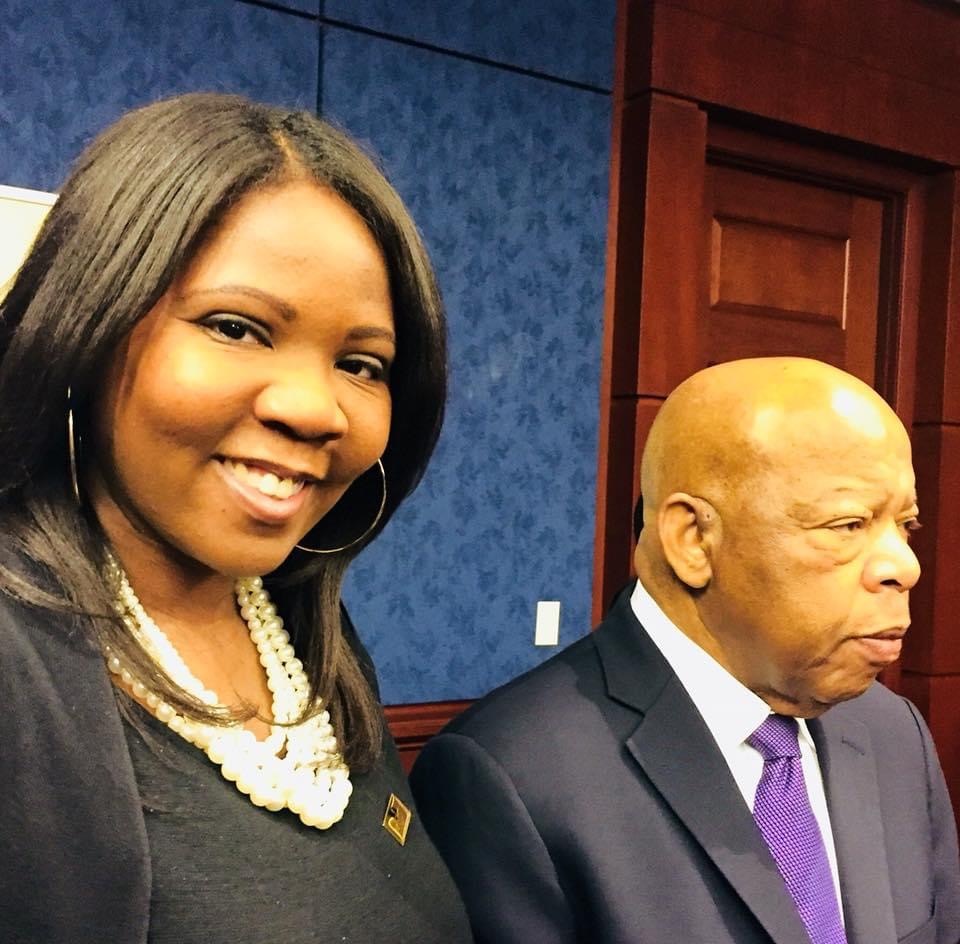
I have never packed an apple and a toothbrush to leave my home, in anticipation that I would likely be beaten, arrested and hopefully not injured or killed. My generation did not make the sacrifices John Lewis did for the sake of advancing civil and human rights in America and the world.
As a Ghanaian-American, I discovered that John Lewis, who traveled in newly-independent Africa with Fannie Lou Hamer when he was the 24-year-old leader of the Student Nonviolent Coordinating Committee (SNCC), understood that the African American freedom struggle was linked to the global freedom dreams of Africans and all oppressed people.
We know the cycle of life includes death, but Congressman Lewis’s death still finds us unprepared. As I’ve shared public thoughts and memories on his influence as a true statesman and on how his tireless and courageous public service shaped mine, I find myself coming over and over to the same feeling: not enough.
Read More: John Lewis 1st Black lawmaker to lie in state in Capitol rotunda
His and his comrades’ work as part of the SNCC set the template for generations to follow.
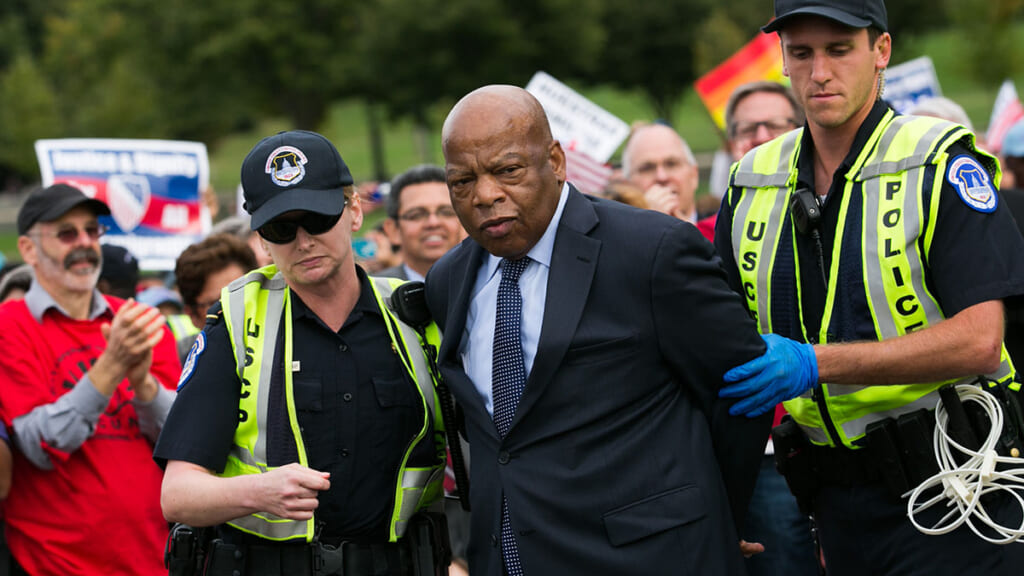
One among many given the blueprint for causing “good trouble” was a high school Black Student Union president in Connecticut, demanding the position title of “headmaster” be changed, and the Temple University African American Studies student NAACP, African Student Union, and sorority leader challenging her alma mater on issues of gentrification before accepting a university presidential appointment to the University Affirmative Action Committee.
I am humbled to be that impacted person. Still, it’s not enough.
While “Black Lives Matter” signage appearing on signs in storefront windows, painted in bold colors, commissioned by mayors on city streets, amplified on social media platforms, and emblazoned on corporate websites, we must pause to remember that John Lewis and his progeny “embody” our social justice movement.
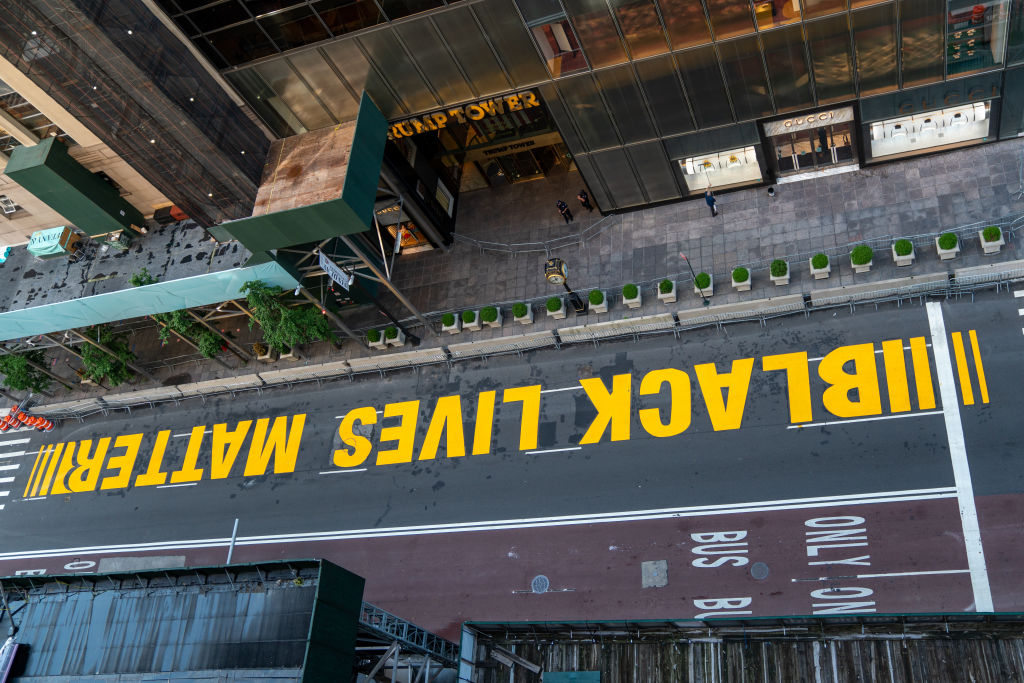
And that, not long ago, peaceful protest was considered too radical of an idea for many — including many policymakers — to even conceptualize.
Demands for reimagining policing in the context of true public safety continue to grow. Calls to prioritize Black people’s humanity get louder. More than ever in our history, a multiracial, cross-class, and intergenerational coalition is building.
Read More: Rep. Cedric Richmond tells AG Barr to keep John Lewis’ name out of his mouth
At this moment, we must acknowledge that it was John Lewis’s generation who, from the steps of the Lincoln Memorial in 1963 and under immense pressure from their elders to moderate their demands, nevertheless declared that “we do not want our freedom gradually, but we want to be free now.”
Another spate of killings of Black people by police and those acting like unofficial and racist deputies, has sparked another flood of the “good trouble” style of activism. The murders of Breonna Taylor, Ahmaud Aubrey, and George Floyd have drawn America to another event horizon, one converging amid a global pandemic that is disrupting global and national systems.
History chose this moment to have John Lewis take his earthly leave. To truly honor his legacy, we must continue his work, fighting for justice. The status quo cannot stand. Our country must change, or face an irretrievable loss of hope.
We owe it to John Lewis to keep his good trouble alive, to finally, and irrevocably, do enough!
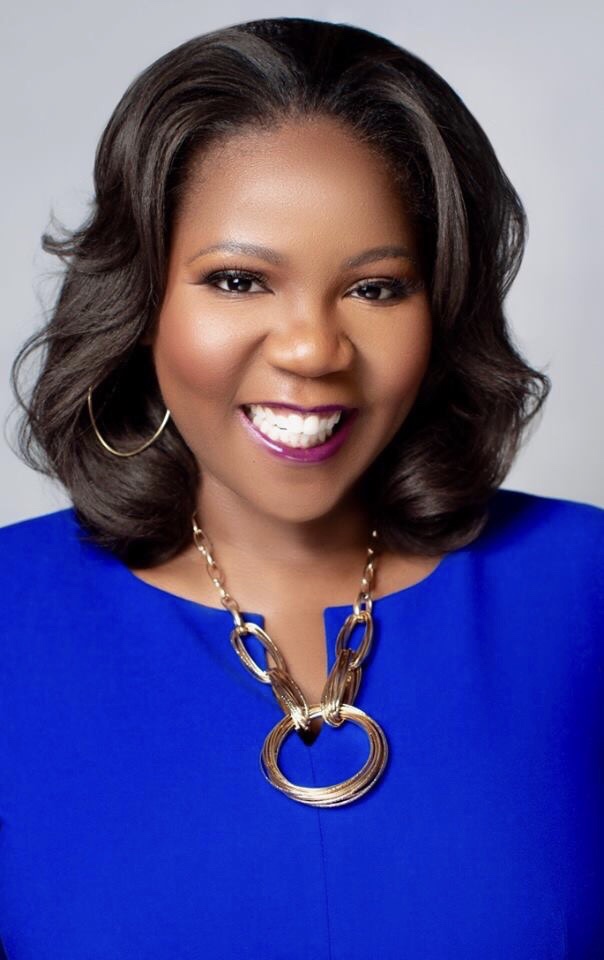
Adjoa B. Asamoah is an award-winning impact strategist. She has led the advocacy efforts to legally establish the nation’s first Office on African American Affairs, and introduce and pass the historic CROWN Act, she mobilizes leaders and communities for collective social change and political action. She is also a doctoral candidate at George Washington University. Visit her at AdjoaBAsamoah.com and follow her at @adjoabasamoah
